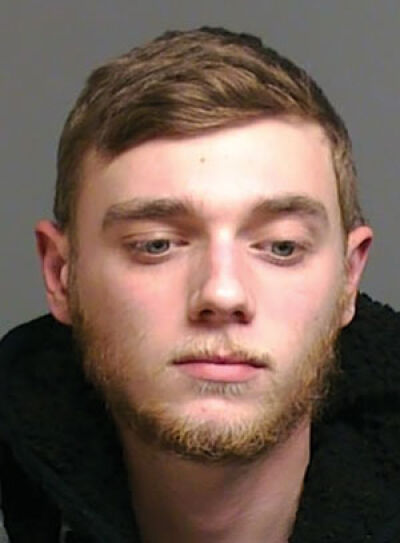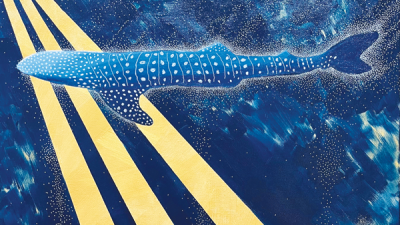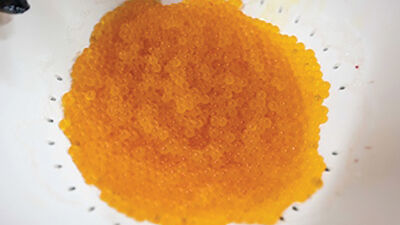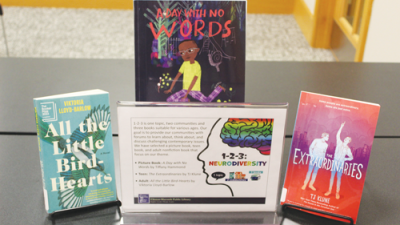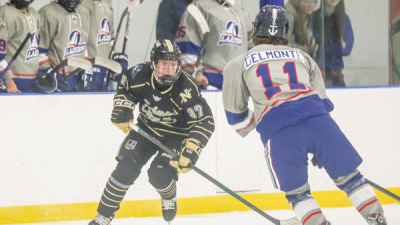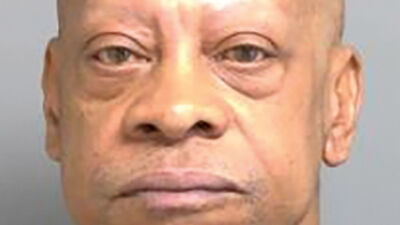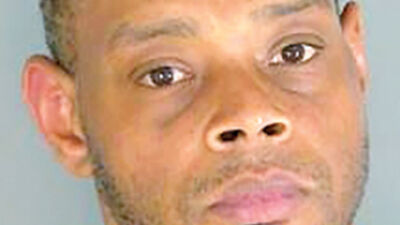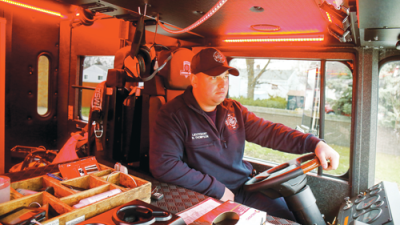MOUNT CLEMENS — On March 13, Fraser resident Hunter Locke-Hughes was ordered to serve 90 months to 30 years in prison on first-degree child abuse and involuntary manslaughter charges in the drowning death of Terry Adams, a 6-year-old special needs child.
He was convicted on Feb. 5 by a Macomb County jury. The verdict came after a nine-day trial.
Prosecutors claimed that Locke-Hughes, the boyfriend of Adams’ mother, Ashlynn Bethell, was left in charge of the child, as well as the child’s 2-year-old sister, on Dec. 28, 2021, at Bethell’s Clinton Township home. While left in his care, Adams died from drowning in a bathtub. Prosecutors claim the evidence showed that Locke-Hughes held the boy underwater.
He was initially charged with one count of first-degree child abuse and one count of felony murder, punishable by up to life in prison. The jury found that the facts only supported a charge of involuntary manslaughter and first-degree child abuse.
“We do not know the motive,” Dawn Fraylick, the communications director for the Macomb County Prosecutor’s Office, said in an email. “The jury could convict on first degree murder, second degree murder or involuntary manslaughter. The jury convicted on involuntary manslaughter.”
Adams had CHARGE Syndrome. According to the National Institute of Health, symptoms include “coloboma, heart disease, atresia of the choanae, retarded growth and mental development, genital anomalies, and ear malformations and hearing loss.” This left him particularly vulnerable.
At his sentencing, Locke-Hughes maintained that he did nothing to intentionally harm the child, although he accepted the involuntary manslaughter charge by admitting negligence while Adams was in his care.
“I accept and take responsibility for the involuntary manslaughter charge because Terry was in my care and I could have prevented this by closing the bathroom door and draining the bathtub,” he said to the court. “I do not accept the first-degree child abuse charge, your honor. I didn’t intentionally or knowingly cause any harm to Terry, on that night or any other night. I am not a monster nor am I an abuser nor will I ever be. I believe the court should void the first-degree child abuse charge and sentence me only to involuntary manslaughter, your honor. If that is not the case, I will continue fighting at a higher court.”
Macomb County Circuit Court Judge Kathryn Viviano sentenced Locke-Hughes to 90 months to 30 years for the first-degree child abuse charge and 43 months to 15 years on the involuntary manslaughter charge. The sentences will run concurrently.
The Macomb County Prosecutor’s Office is appealing the sentence.
“When a sentencing fails to reflect the gravity of the offense, we must appeal it on behalf of the victim, victim’s family, and the community,” Macomb County Prosecutor Peter J. Lucido said in a press release.
Assistant Prosecuting Attorney Elizabeth Abbo said in court that medical findings indicated abuse toward the child.
“We had evidence presented from a medical examiner that this child had injuries that were serious, which is all that that (charge of) child abuse requires,” she said. “He had bleeding on the brain, he had bruising down the back, he had bruising on his head which is consistent with the concerns made that he allegedly held that child underneath the water. … I think the jury did a good job with the fact in finding that a serious injury did occur to this child as the medical examiner testified and that he is guilty of that first-degree child abuse charge as well as the death, which leads to the manslaughter charge. I don’t know why the court would go below maximum guidelines and sentence the defendant to 135 months.”
Lock-Hughes’ defense attorney, Daniel Garon, said determining proper culpability in a case like this can be difficult. He told the court that complex determination should be reflected in his client’s sentence.
“(There is a) somewhat inconsistent nature in the jury’s verdict in terms of a guilty finding on child abuse in the first degree yet a finding by the jury of involuntary manslaughter on count two. Because of that inconsistency in this case, we should recognize the efforts of the jury in terms of the verdict that they had by making a finding that the actual culpability of the defendant is somewhere in between child abuse in the first degree and murder versus involuntary murder,” said Garon.
Viviano said that while the case is tragic, she did not believe the maximum sentence was appropriate.
“In terms of being at the high end of the guidelines, I simply do not understand the arguments as related to the facts of this particular case,” she said. “That does not mean I minimize the suffering and the pain experienced by the family who lost their loved one. … While the jury heard the prosecution’s theory, they did not accept the theory of the prosecution because they came in with an involuntary manslaughter (verdict). In terms of this court accepting that (the jury) believed something happened, they didn’t believe it rose to the level of something intentional.”
A statement written by Terry’s mother, Ashlynn Bethell, was read in court by Assistant Prosecuting Attorney Stephanie Stager, stating that Bethell asked her to read it not believing she could maintain her composure while speaking to the court.
“Terry was everything, and he was taken from us just as he was growing into his quirky, goofy and innocent self,” she said. “The opportunity for what Terry’s future held and his God given potential was taken from him. We will all miss that crooked smile and silly laugh. Terry was such a funny and affectionate boy. Before the age of 2, (my daughter) Emma lost her brother. She was robbed of a childhood with Terry, she was robbed of the memory of his smile and his laugh. She was robbed of his love. I put my entire world in the hands of someone I thought I could trust. It will forever be my greatest regret. How do I ever trust myself and my own judgment ever again? This will always be a struggle moving forward with my and Emma’s life and one I should never have had to bear. A maximum sentence won’t bring my baby back, but if it is all I can ask for, your honor, then please grant us this final justice. What was taken from me and my entire family can never ever be replaced.”
 Publication select ▼
Publication select ▼